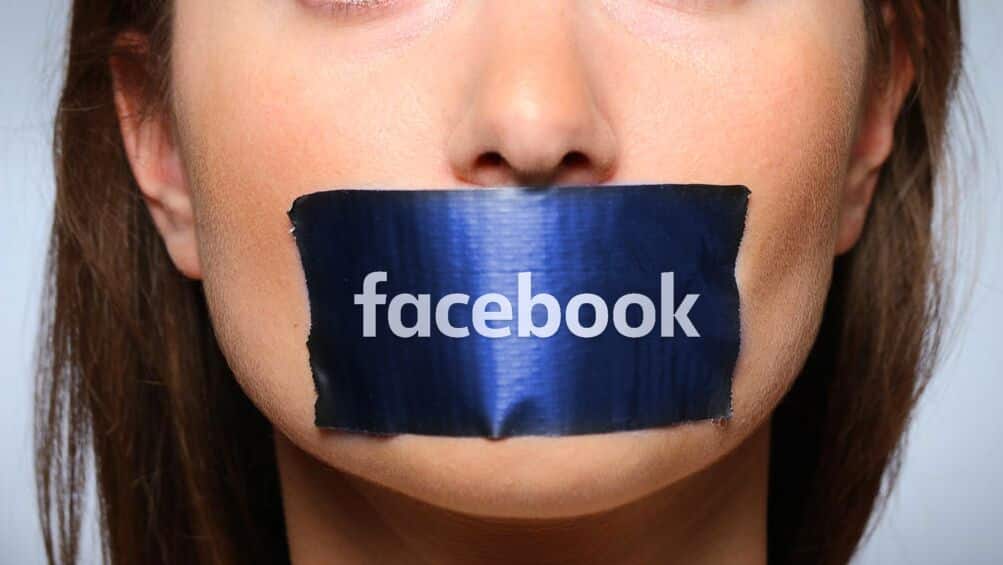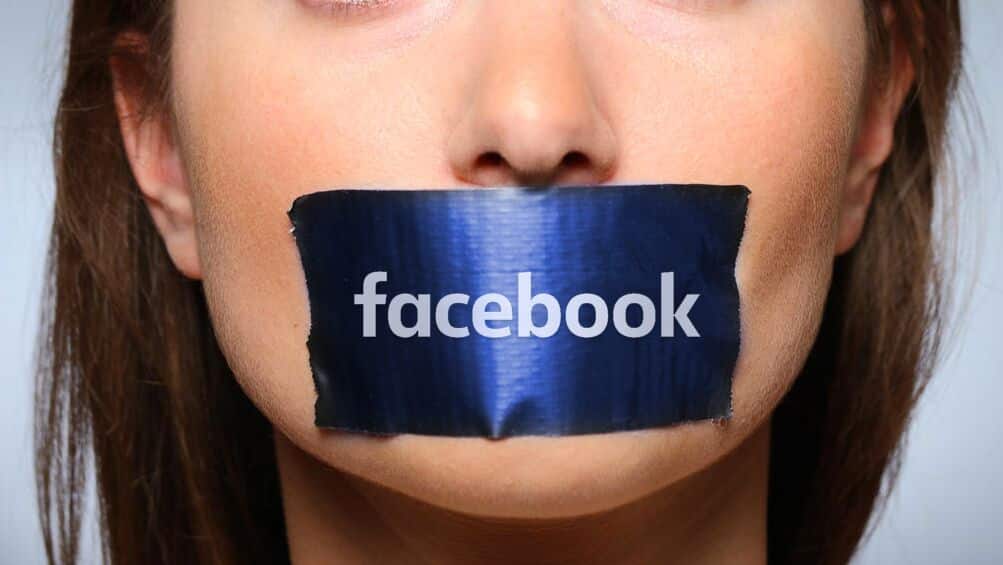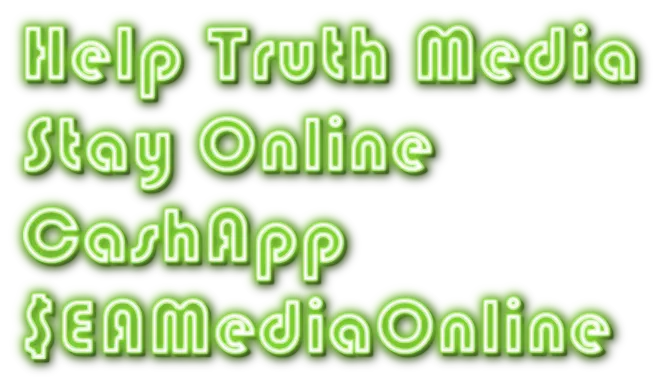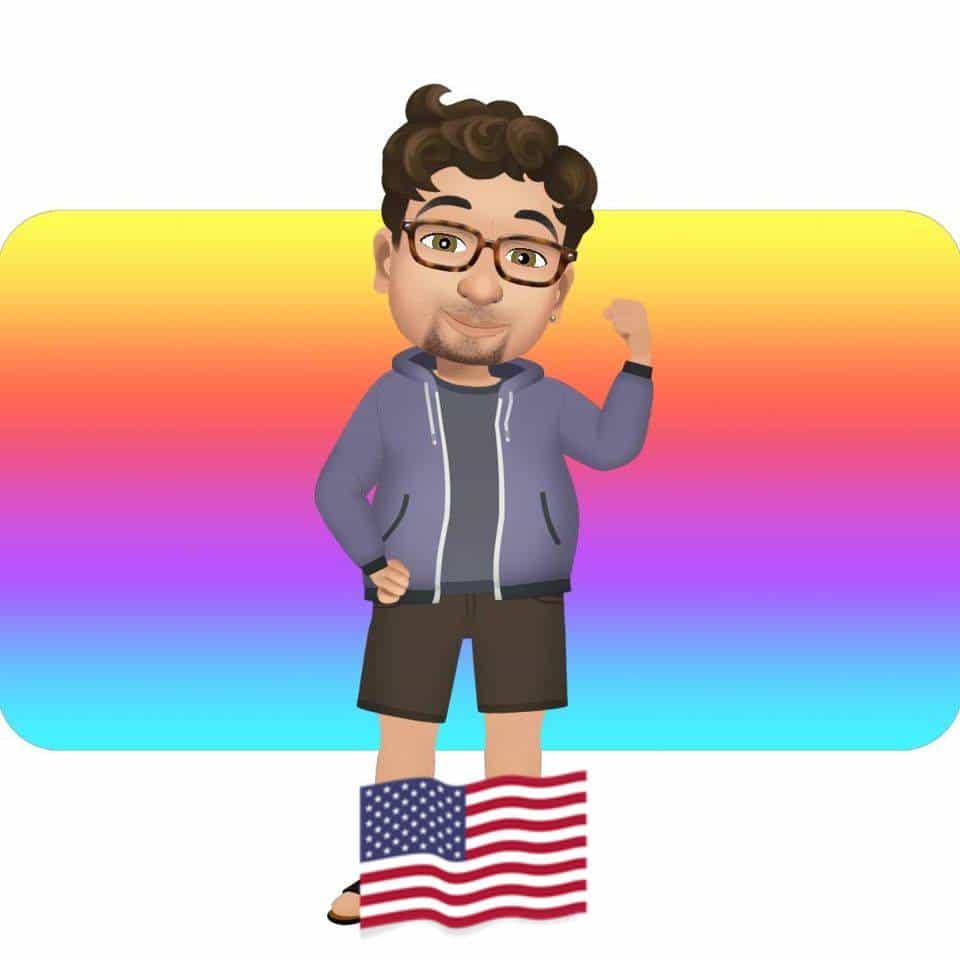Big Tech’s lack of transparency means that an incalculable amount of censorship – beyond what is shown in this report – takes place every day
The Secondhand Censorship Effect: The Real Impact of Big Tech’s Thought-Policing
Brian Bradley with NewsBusters reports:
[playht_player width=”100%” height=”90px” voice=”Salli”]
Big Tech in recent years has consistently discriminated against conservatives and independent thinkers by censoring them online. This has affected everyone from the former president of the United States to everyday men and women.
When Big Tech companies censor someone, they don’t only block that one person. But they also block all of that person’s followers from new ideas and viewpoints.
This phenomenon is best thought of as “secondhand censorship.” Secondhand censorship is defined as the number of times that users on social media had information kept from them.
MRC Free Speech America tracked the effects of secondhand censorship using our one-of-a-kind CensorTrack database. Across seven Big Tech platforms – Facebook, Twitter, YouTube, Instagram, TikTok, LinkedIn and Spotify – MRC Free Speech America logged a grand total of 144,301,713 times that users on social media had information kept from them in the first quarter of 2022 alone.
MRC calculated the secondhand censorship effect by adding the number of followers each account had at the time of each censorship case recorded during the quarter.
The secondhand censorship effect for the first quarter of 2022 includes only the censorship cases we found or were informed about. Because of this, it represents a mere fraction of the total scale of secondhand censorship taking place.
Big Tech’s lack of transparency means that an incalculable amount of censorship – beyond what is shown in this report – takes place every day.










